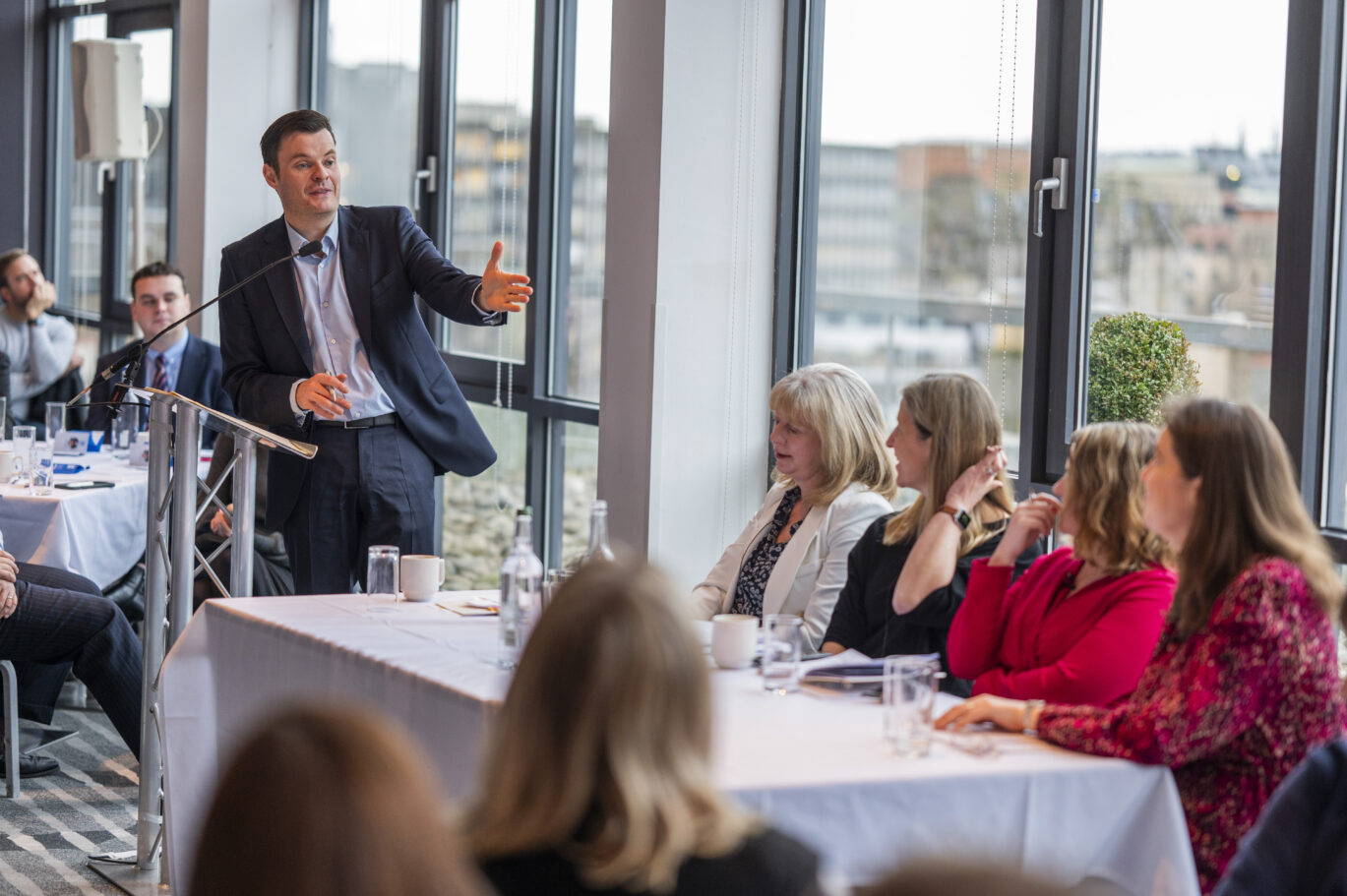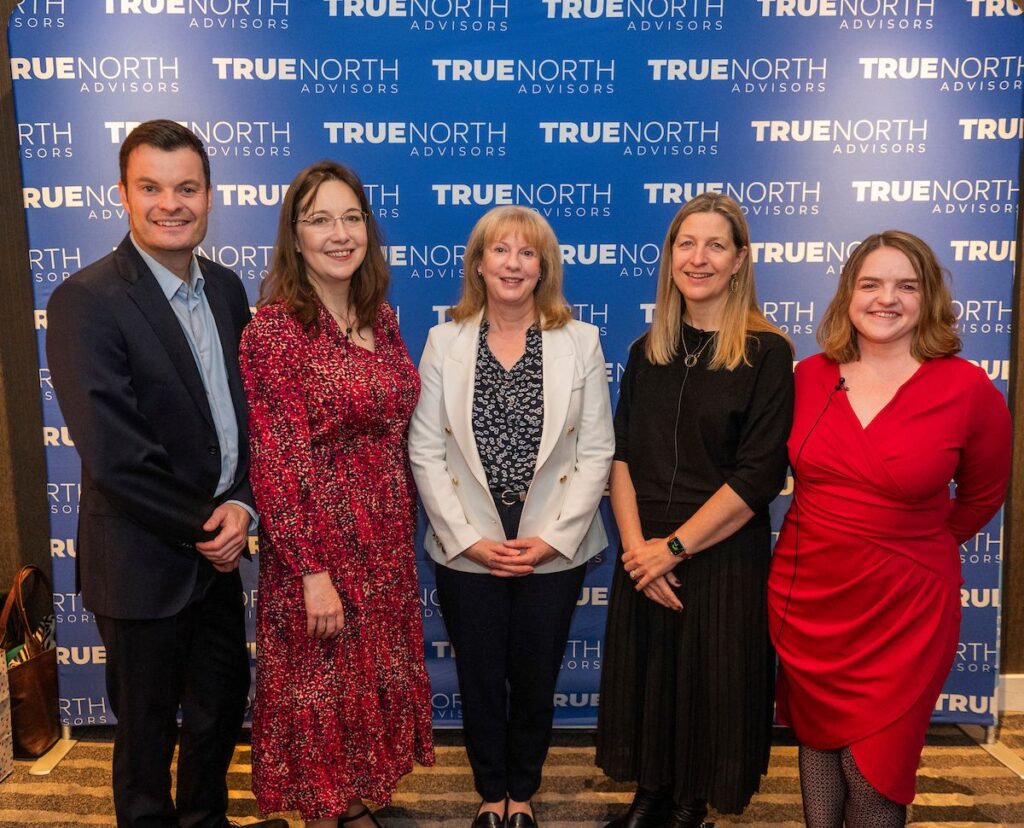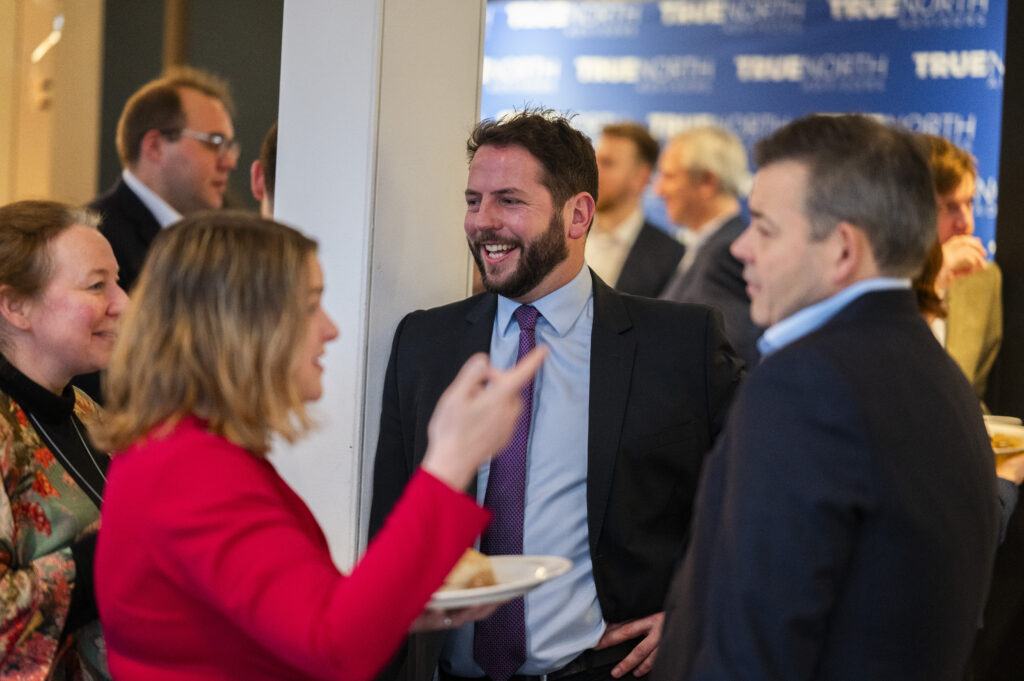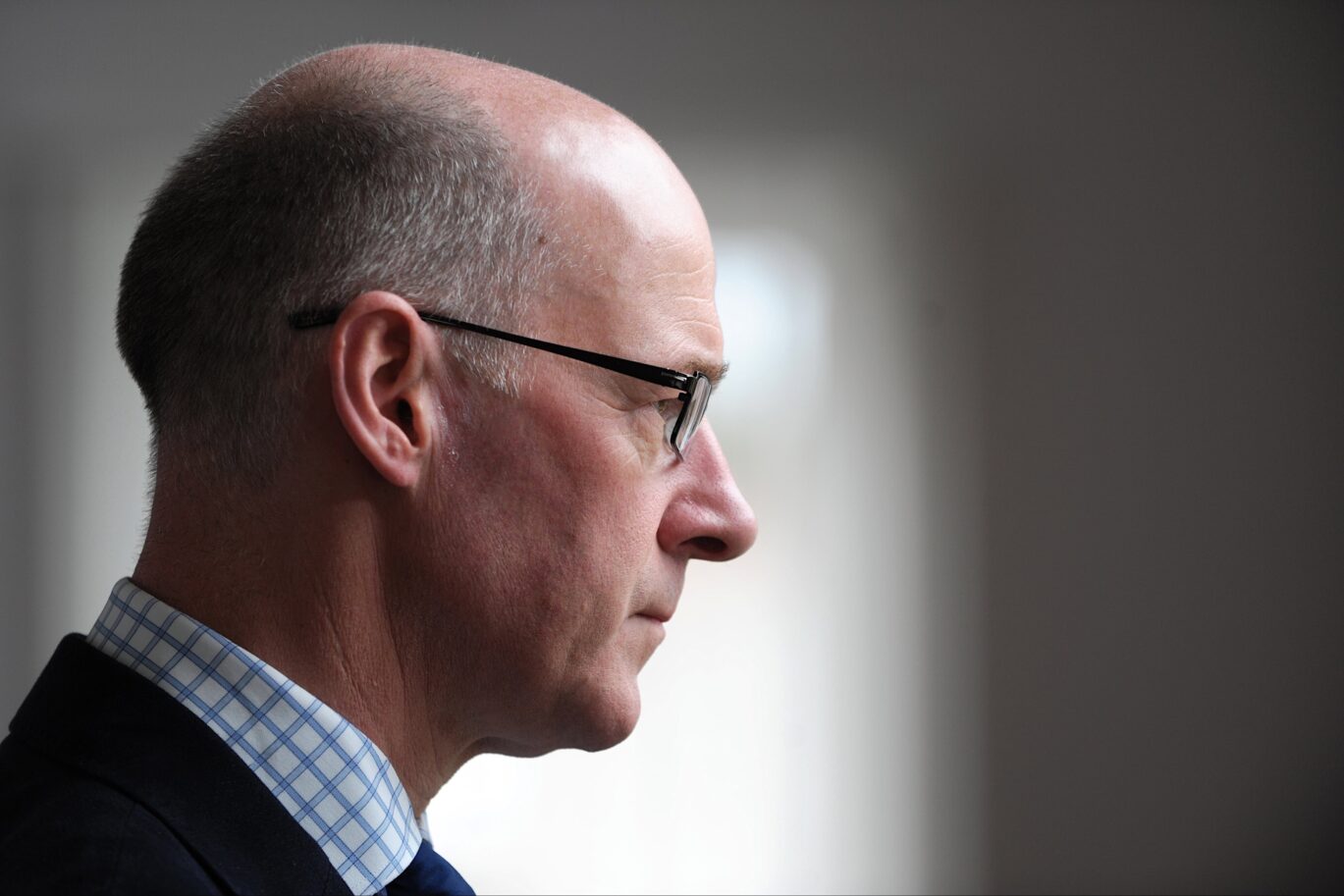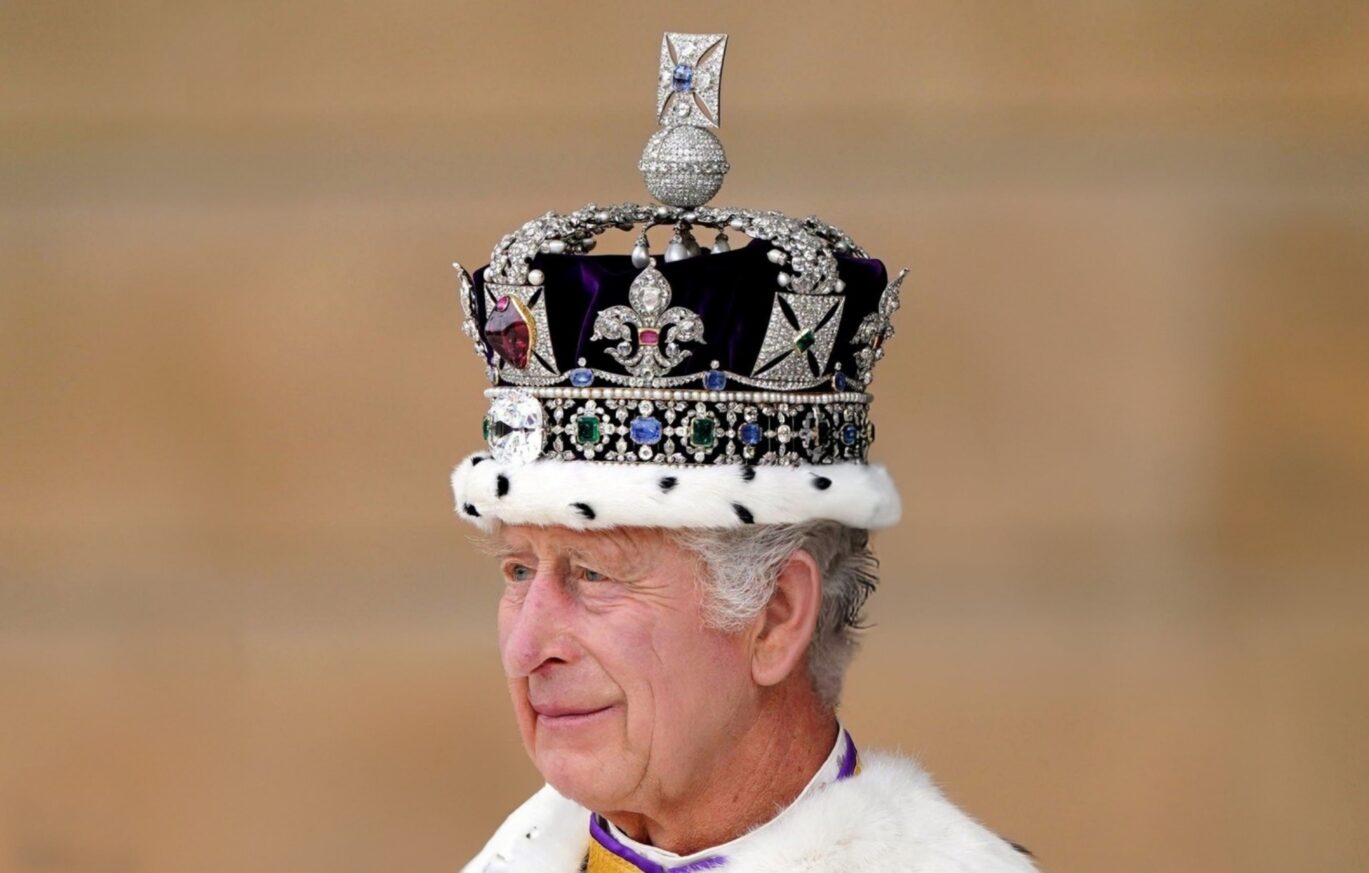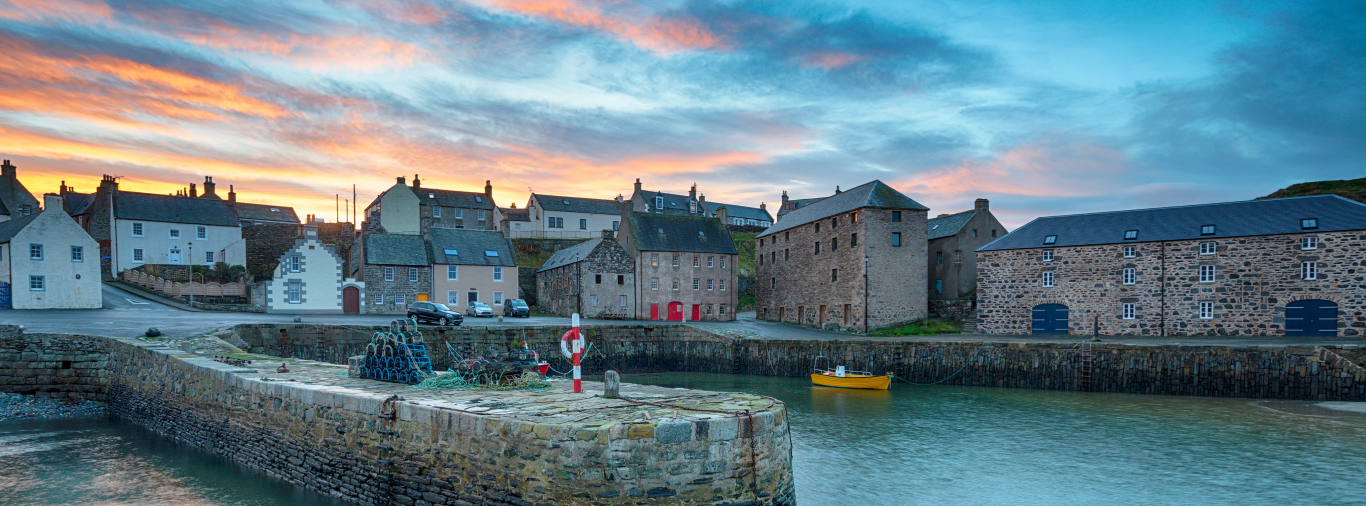The latest Scottish Government budget was the most significant of the devolution era. In her first public event since she announced her tax and spend plans yesterday, speaking at a True North business breakfast in Edinburgh Finance Secretary Shona Robison defended her decision to significantly raise personal taxation, saying she had to make “wicked decisions and choices” to protect spending on key public services such as the NHS.
Among the headline budget announcements was the creation of a new 45 percent tax band on incomes between £75,000 and £125,140, while the top rate of tax was also raised to 48 percent. Meanwhile, the higher rate tax threshold was frozen at £43,663, which is also lower than elsewhere in the UK and will raise the Scottish Government an additional £300million.
Speaking at the same True North event, Professor Mairi Spowage, Director of the Fraser of Allander Institute at the University of Strathclyde, revealed the increase in the top rate of tax will raise a “statistically insignificant” £8million. She also argued that – while the growing income tax divergence with the rest of the UK may not immediately lead to people leaving Scotland – it could lead to behavioural change “at the margins”, with workers choosing, for instance, to put more money into their workplace pension to avoid rising taxes.
Judith Cruickshank, Managing Director of Commercial Mid-Market at the Royal Bank of Scotland, agreed, telling the True North audience that businesses in Scotland were already experiencing such behavioural change, with companies reporting more people choosing to work part-time, creating greater logistical and productivity issues. She argued this fed into a wider issue of attracting skills and talent to work in Scotland, which was unlikely to be aided by further tax changes.
The Finance Secretary said she recognised tax rises would not be popular but insisted they would only affect the top five percent of taxpayers, arguing there was no “strong evidence” that tax changes would force behavioural change. She also suggested that “other attractive factors” about Scotland would help mitigate the impact of tax rises on inward migration.
Despite this, True North Senior Advisor Dr. Eilidh Whiteford warned the Finance Secretary that the budget would not help the SNP’s electoral fortunes, not only due to tax rises, but also the spending cuts necessitated by the approximate £1.5billion gap in the Scottish Government’s finances. Local government, housing, and universities were among hard hit budgets, and Whiteford warned cutting local services “to the bone” was a significant risk to the SNP’s electoral prospects. Certainly, with now only months to go until a likely General Election, the Scottish Government budget may not only have an impact on Scotland’s economy, but its political make-up too.
